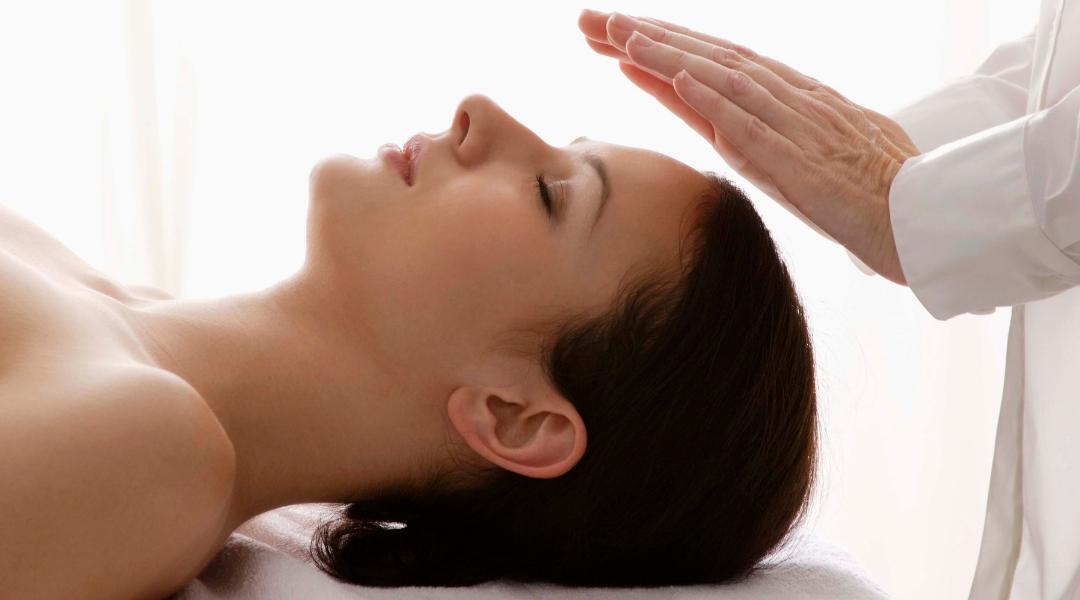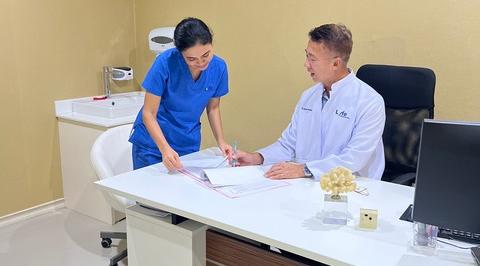
Menopause And How You Can Live With It!
Menopause is the time that women experience when their physiological period stops. It usually occurs when women age is between 45, and 55. Menopause is the stage that occurs specifically following the stop of the production of the hormones, estrogen, and progesterone by the ovaries. When 12 months pass after stopping the menstrual cycle, you can say that it is menopause. It is natural that you -as a woman- experience natural symptoms after stopping your menstrual cycle;
These symptoms can include;
- Hot flashes, that sudden feeling of warmth in your upper body, which is most severe over the face, neck, and chest, and it is associated with red skin.
Scientifically it is said that decreased estrogen levels are the cause of the body’s thermostat (hypothalamus) becoming more sensitive to light changes in body temperature. When the hypothalamus recognizes your body is too warm, it starts producing hot flashes to cool the body down.
- Nausea.
- Dizziness.
- Night sweats. –
- Vaginal dryness.
- Chills.
Emotional symptoms like anxiety and depression can affect the quality of sleep.
These symptoms can vary among women regarding the severity of menopause.
You can say that I am going through early menopause when you have menopause symptoms before the age of 45, that can happen when having irregular periods, symptoms like; heavy bleeding, spotting, periods that can extend up to a week, long gaps between the menstrual cycles.
The best step that can be taken within that issue is consulting a medical doctor to check if there are conditions that can cause that issue.
Early menopause can happen due to various causes like;
Genetic causes; It is just an inherited matter that your age at menopause onset is before 45yrs. You can know that matter after asking your parents.
Factors that are related to the surrounding environment; like lack of sun exposure, or personal factors like; lack of doing exercises, following a vegetarian diet, body mass index, and smoking. It had been shown via medical research that smoking can be a related factor to the early start of menopause, 1 to 2 years.
Autoimmune diseases; As the main idea of starting menopause is stopping the ovaries’ production of the hormones, and with the shedding the light on autoimmune diseases like thyroid diseases, and rheumatoid arthritis, we will find that there is inflammation that can affect the work of the ovaries.
So the question in that situation is, How can I live with menopause?
It had been known medically that there is something that is called; Hormone replacement therapy.
It is a medication that has female hormones. As the estrogen levels after menopause decrease, the medication replaces that defect.
Hormone therapy is most often utilized to treat common menopausal symptoms, like hot flashes, and the related annoying symptoms of menopause.
There are two main types of estrogen therapy:
Systemic hormone therapy. That is present in the form of a pill, skin patch, ring, gel, cream, or spray. It has a higher dose of estrogen that is absorbed throughout the body.
Low-dose vaginal products. That is present in the form of cream, tablet, or ring, It can be used to treat the vaginal and urinary symptoms of menopause like dryness, or urinary incontinence.
There are great clinics in Thailand that can provide that hormone replacement therapy under the supervision of medical doctors who have strong experience regarding handling suitable therapy for you as the clinics in Phuket, Laguna, and Rawai. There are also clinics that are specialized in alternative medicine for providing ways to cope with menopause.
There are ways to cope with menopause besides the therapy like;
- Drinking enough water (8 to 12 glasses)
- Doing exercises regularly.
- Eating foods that are rich in phytoestrogens like soy products, tempeh, flaxseeds, soybeans. It had been found that that diet reduces the severity of hot flashes and night sweats.
- Maintaining a healthy weight.
- Eating foods that are rich in calcium and vitamin d including dairy products, sardines, tofu to avoid the risk of osteoporosis that is associated with menopause.




